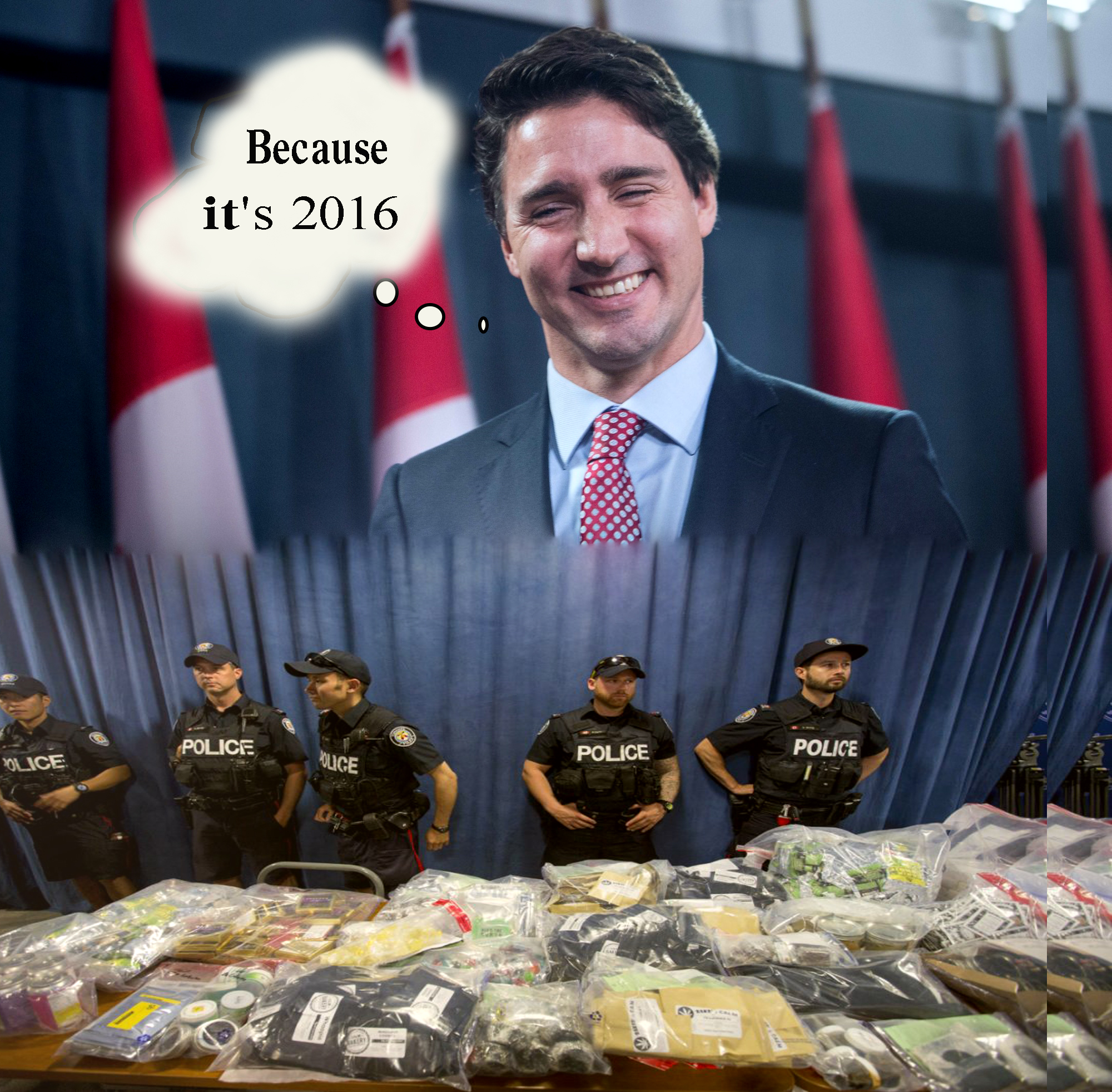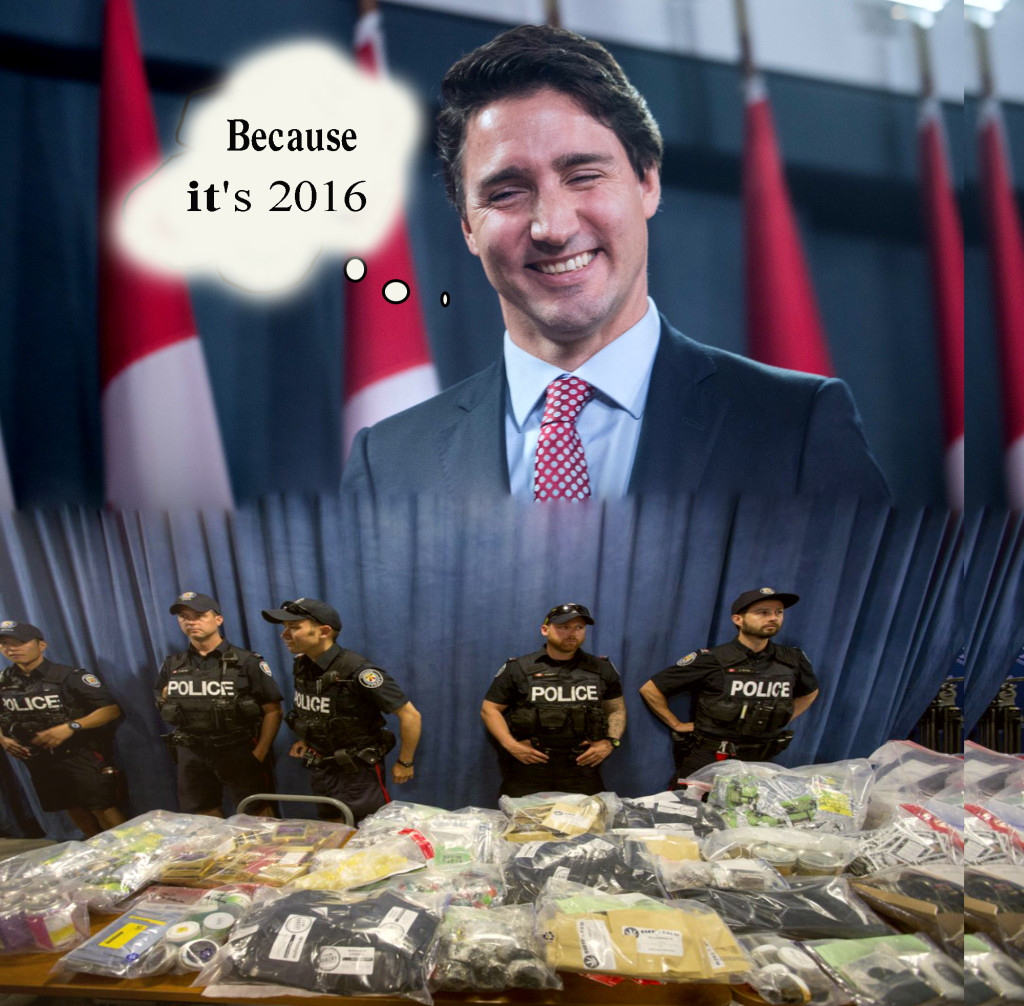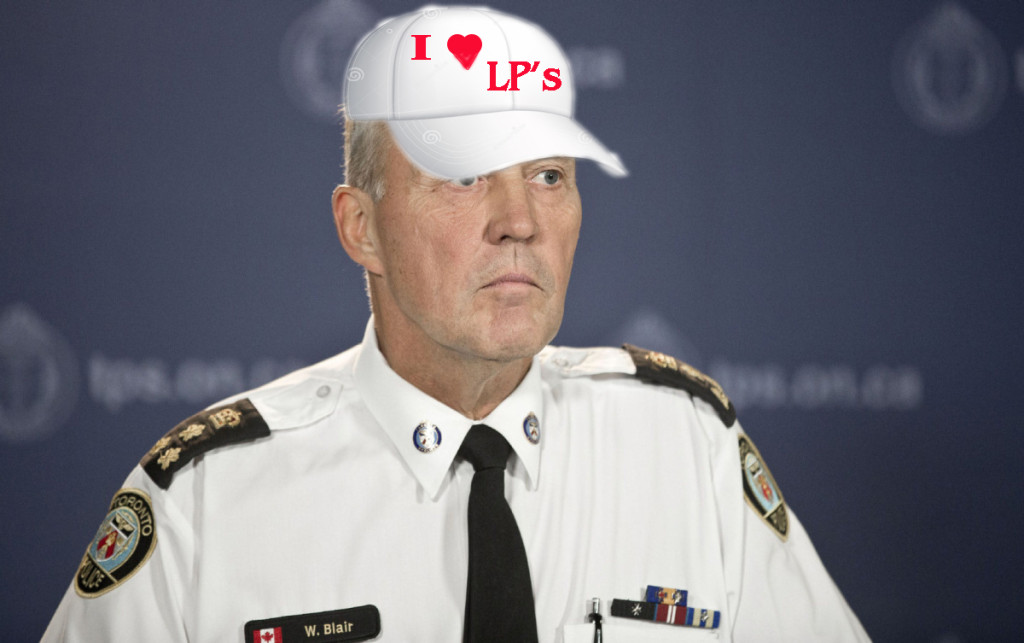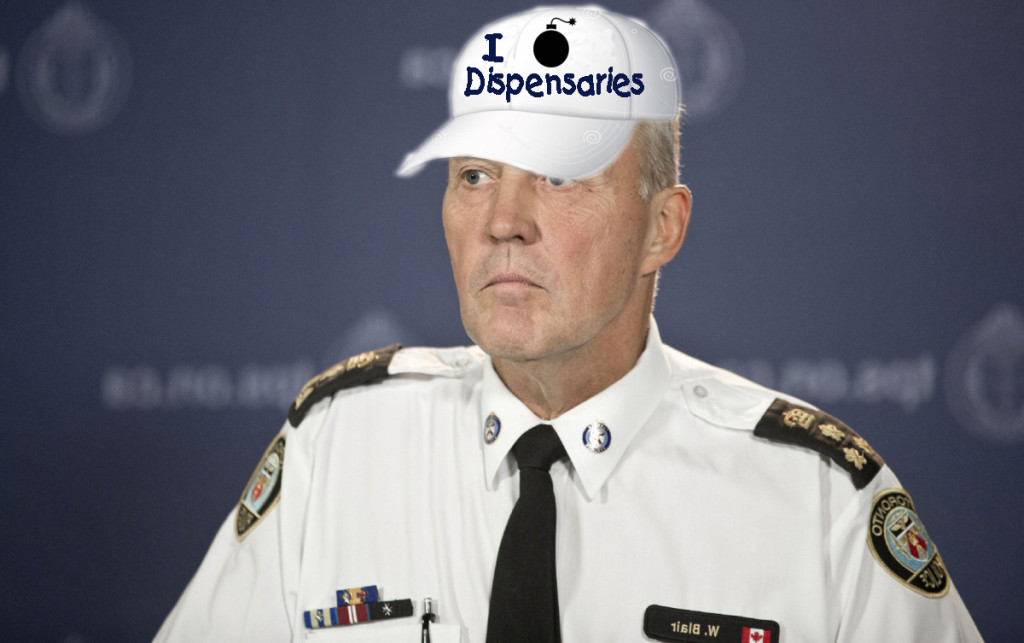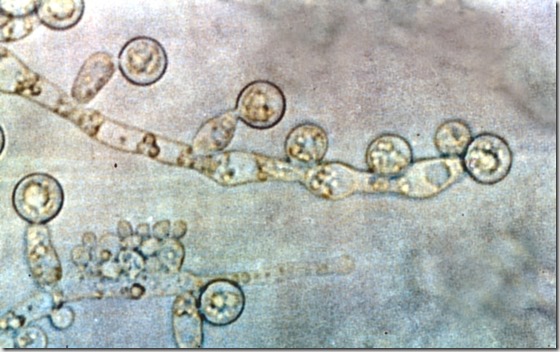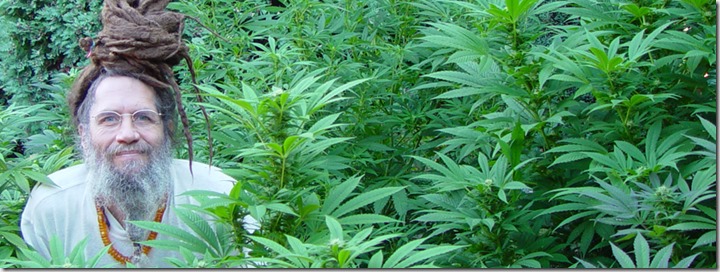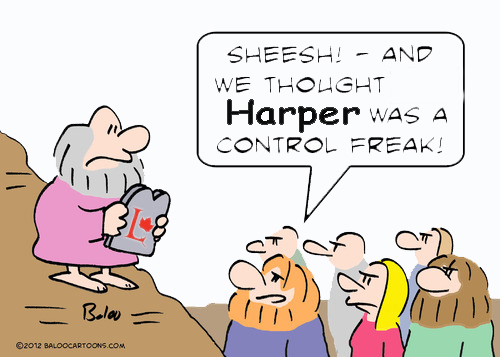Judith Stamps
July 2013: At a political rally in Kelowna BC Justin Trudeau announces that he is in favour of legalizing and regulating the sale of Cannabis in Canada; cheers all ‘round.
October 19, 2015: Trudeau wins a comfortable majority. His platform includes legalizing and regulating cannabis. Activists are cautiously optimistic.
Trudeau strives for gender parity in his cabinet. When asked why, he says: “Because it’s 2015.” World media celebrate. The phrase becomes a meme.
November 2015: Newly appointed Justice Minister Jody Wilson-Raybould announces that she, the Minister of Health, and the Minister of Public Safety, are working on legalizing. She doesn’t say how.
The City of Port Alberni, BC votes to license and regulate medical cannabis dispensaries. No comment from the feds.
December 2015: Trudeau and his spouse appear in Vogue Magazine. The Trudeau family is now a fashion item.
June 2015: BC medical cannabis dispensaries expand in numbers. City Councils in Vancouver and Kimberley vote to license and regulate them. No comment from the feds.
August 2015: Arrests for cannabis possession continue, and Canadians call on Trudeau to decriminalize in the interim. He says: “Pot is still illegal in this country, and will be until we bring in a strong regulatory framework,” and: “Decriminalization is a bad idea as it does not protect kids.” Umm…but arresting folk doesn’t do a thing for kids either, especially if the arrestees are their parents, or their relatives, or their friends, or their neighbours.
December 2015—January 2016: Canadians are treated to a year of silence: no one offers a clue to what is being considered.
RCMP raids three dispensaries in Nanaimo BC. The Mayor says he had no control in the matter. No one has figured out who ordered these. Ottawa says nothing.
BC and Ontario Liquor stores lobby to acquire the retail business in recreational cannabis. Long, draggy, heated debates follow.
January 2016: Bill Blair, MP for Scarborough South West, and former Toronto Police Chief, is selected to be point man on legalization. Blair served on the police force for 30 years, and spent time on the drug squad. To tens of thousands of Canadians with cannabis related convictions, who have been lobbying, he says: The government at present is not considering pardons.
The media report that a task force is being assembled.
February 2016: Justice Phelan rules in favour of Allard in Allard v the Queen. Canada’s medical marijuana regulations as set out in the MMPR are ruled unconstitutional. The government is given six months to create a new set.
March 2016: Glitzy photographs of Trudeau, Obama, and respective families appear in Fashion.com.
Minister of Health Jane Philpott says: new medical cannabis legislation will be announced in August 2016. Patients have no idea what to expect. Dispensary owners and staff, small-scale growers, and cannabis medicine makers, all of whose livelihoods are at stake, have no idea what to expect.
The City of Victoria BC votes to license and regulate medical cannabis dispensaries. No comment from the feds.
April 2016: Trudeau appears on the cover of Gentlemen’s Quarterly wearing this quotation: “Justin Trudeau: That New Suave Canadian Leader Dude.”
The Health Minister makes an announcement to the UN Special Assembly on Drugs: In 2017, Canada will introduce legislation to regulate the sale of cannabis in Canada. She offers no details.
RCMP raids two medical cannabis dispensaries: one in Campbell River and one in Chilliwack. No comment from the feds.
Jodie Emery asks to be added to the task force. Blair’s response: no activists wanted on task force; they have their own experts.
Arrests continue, but no reliable data.
May 2016: Sixteen Licensed Producers create a new organization: Cannabis Canada. CC begins to lobby heavily against dispensaries. This organization appears to be an LP splinter group.
Bill Blair visits the facilities of Licensed Producer, Bedrocan. Inspired perhaps by terpenes, white Hazmat suits, facemasks, and security cameras, he announces that he now feels secure about the future of cannabis production in Canada. This announcement is insubstantial, but sounds bad for everyone except LPs.
Toronto police raid 43 dispensaries, arrest 90 people and lay 186 charges. This is the biggest bust in Canadian history. The official reasons: 1. Not enough labels listing how many grams of THC the cookies contain; 2. Fifty to Sixty complaints by the general public. The population of metropolitan Toronto is 5, 583, 064, so that’s about 10 complaints per million.
Strong correlation noted by The Financial Post, The National Post, and The Huffington Post: “Multiple raids on dispensaries follow heavy lobbying by LPs.”
Blair adds force to the correlation by calling dispensaries “reckless.” The LPs, he says, are competing with “people who don’t care about the law, who don’t care about regulations, don’t care about kids, don’t care about the health of Canadians.” No one is saying who pulled the trigger here. No response from the feds.
BC Lawyer Kirk Tousaw flies to Ottawa for an impromptu meeting with Blair and others. The meeting is productive. There are no further raids, and dispensaries begin to re-open. Toronto police have likely figured out that the charges will not stick: dispensaries offer medicines not available from LPs, and no one will be able to demonstrate that dispensaries have done any harm. Do drug squads really believe it is their task to deal with variable THC levels in cookies?
For comic relief, Shoppers Drug Mart, owned by Loblaw, lobbies to control retail sale of medical cannabis. This announcement is stunningly obtuse. Until now they’ve wanted nothing to do with this medicine.
June 2016: Liberal MP Anne McLellan is appointed head of the new task force on legalization. She will report to Blair. McLellan has a law degree, and is a career Liberal cabinet minister. The rationale for her appointment: She has held portfolios on Health, Justice and Public Safety, the three ministries now in charge of legalizing. McLellan is on record for calling cannabis more carcinogenic than tobacco; she cited “irrefutable science.” But that was in 2005. She sits on the boards of NEXEN (Canadian oil sands and shale gas) sold in 2013, under Harper, to China; AGRIUM INC., an agricultural giant; and CAMECO, the world’s largest publicly traded Uranium Company.
We learn that the ‘experts’ to be consulted will be public health officials, law enforcement officers, and addiction counselors. That sample doesn’t seem liberal.
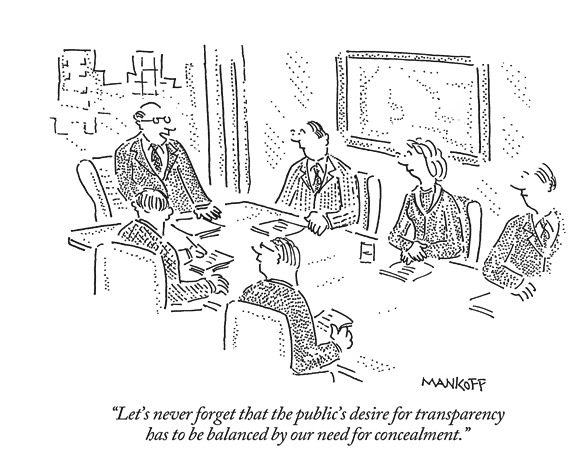 Trudeau states: He is not interested in “a boutique industry,” meaning, a craft industry. He wants only to keep kids safe, and criminals at bay. That’s austere. Sum up the above, and we have a prohibitionist approach to legalization, or something very like it. But that’s a guess; no one’s offering much of a picture.
Trudeau states: He is not interested in “a boutique industry,” meaning, a craft industry. He wants only to keep kids safe, and criminals at bay. That’s austere. Sum up the above, and we have a prohibitionist approach to legalization, or something very like it. But that’s a guess; no one’s offering much of a picture.
Trudeau, like Harper, promised transparency. The events listed above appear to be his version, at least on cannabis. If the Canadian Leader Dude’s exercise in transparency continues in this way, expect years of slogging for activists, and mountains of work for lawyers.

